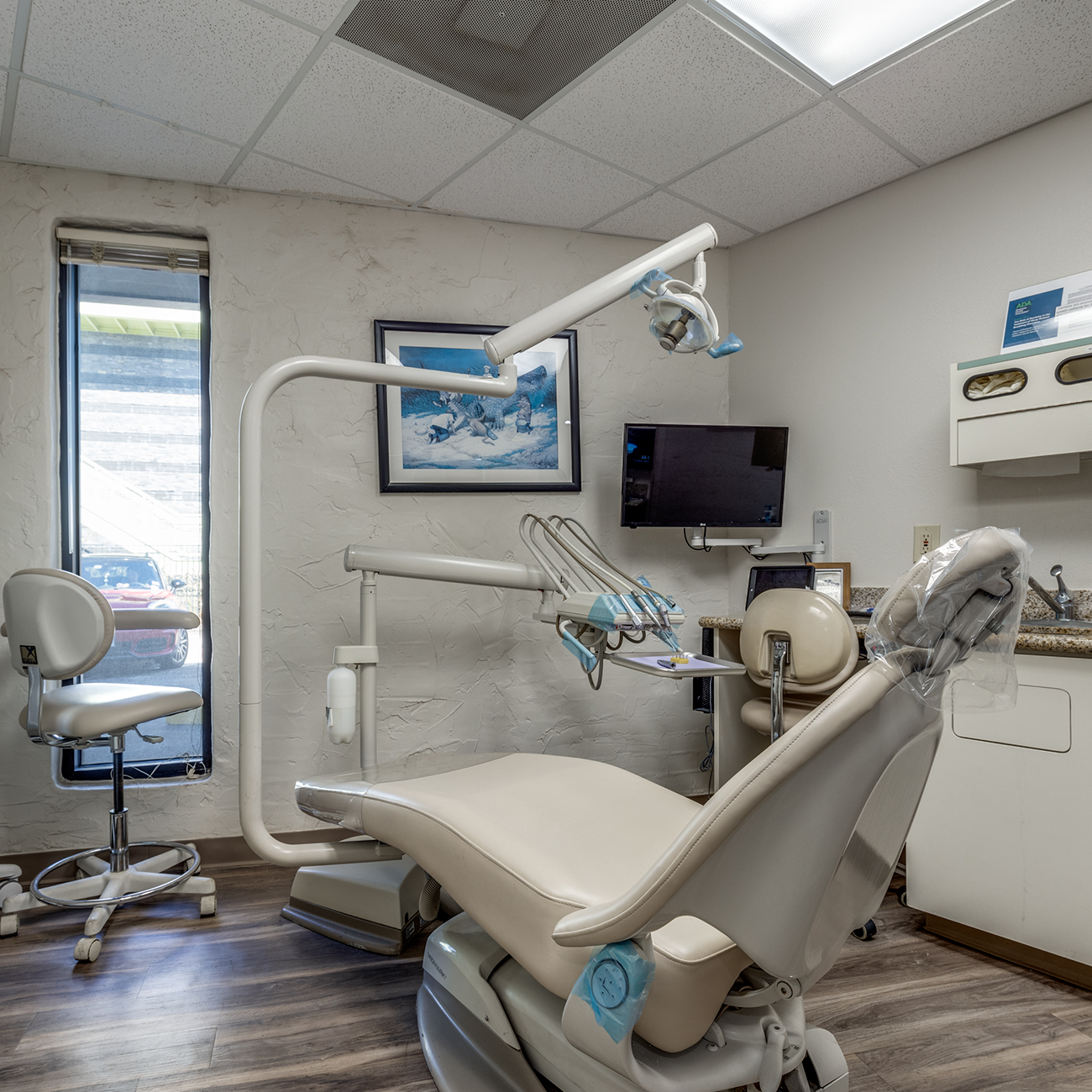Teeth-Grinding and Jaw Dysfunctions
Even if your smile is completely free of tooth decay and gum disease, there are still some issues that can affect its overall health. For instance, if you constantly grind your teeth or suffer from dysfunctional jaw joints, then your teeth may be at risk of extensive damage and your bite can have trouble functioning properly. In many cases, bruxism and TMJ disorder can be treated comfortably with a custom-designed oral appliance to protect your teeth from harm and/or allow your jaw to rest more comfortably.
Treatment for Bruxism and TMJ Disorder
The first step to treating bruxism and/or TMJ disorder is to diagnose the cause of your condition. A thorough examination complete with digital imaging technology for a detailed view of your oral structures will allow your dentist to determine the cause of your bite problems. For instance, your teeth may be crooked, which can cause your jaw to shift uncomfortably as it tries to accommodate the imbalance. Once your condition has been diagnosed, your dentist can recommend the most appropriate treatment, such as orthodontic braces or clear aligners.
Many patients can alleviate symptoms of bruxism and TMJ disorder with a simple, custom-designed oral appliance. This includes symptoms such as chronic headaches, migraines, jaw and facial pain, and much more. Appliances such as nightguards can be worn at night to stop your teeth from grinding together, thus allowing your jaw joints to rest more comfortably. To learn more about your teeth-grinding and jaw dysfunction options, contact Contemporary Dental & Orthodontics today.












